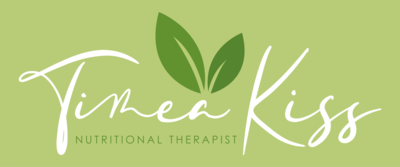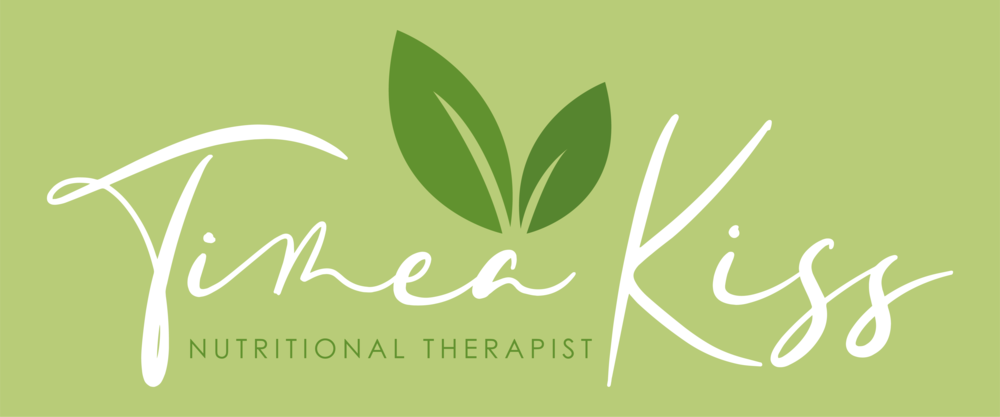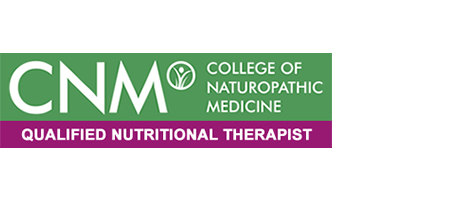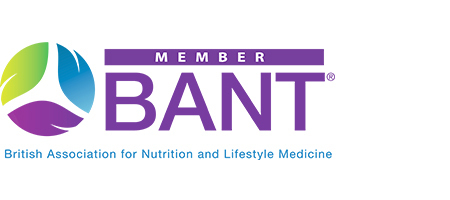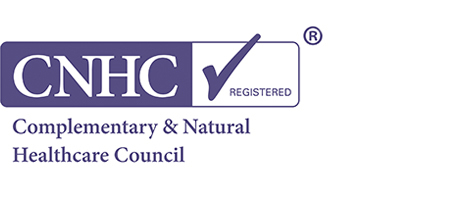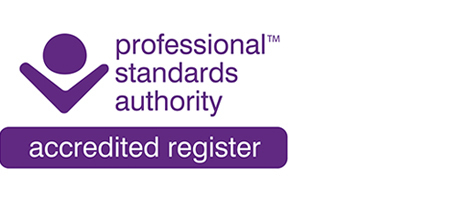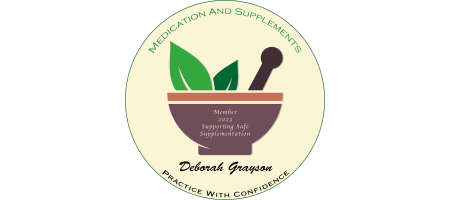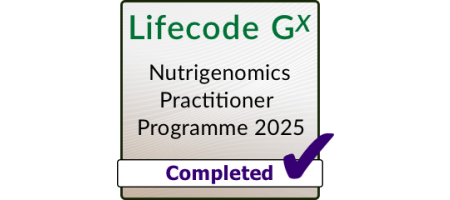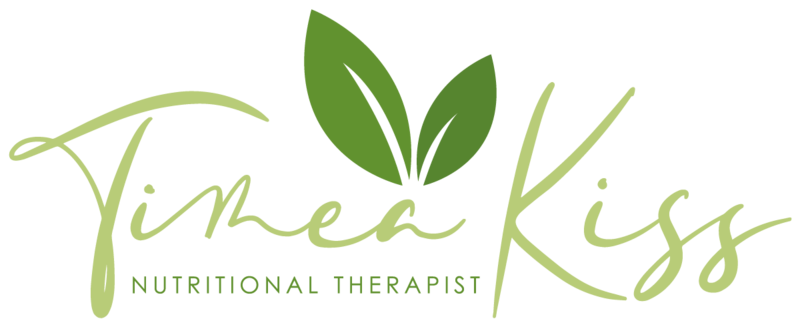Is It an Allergy or Perimenopause? The Overlooked Link Between Hormones and Histamine
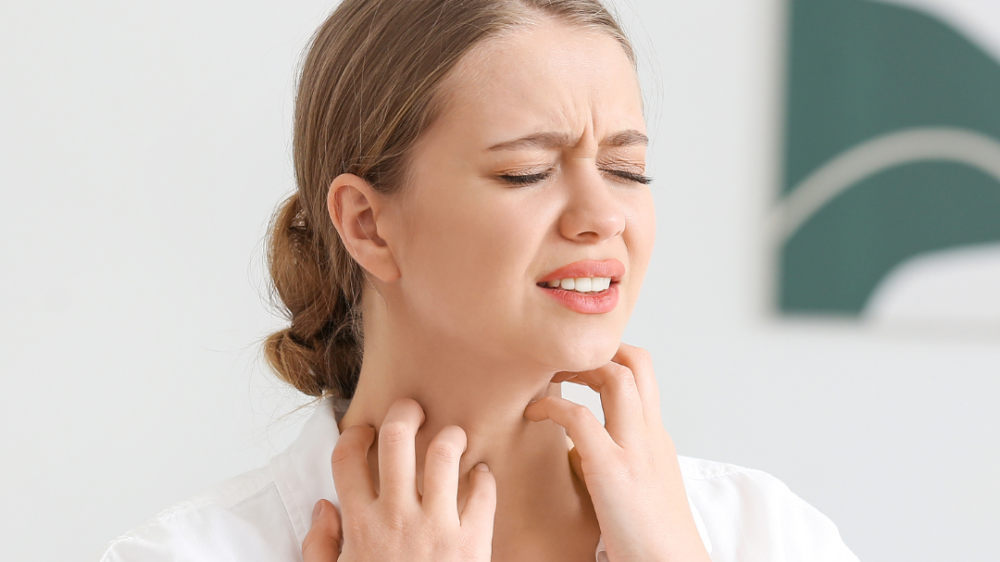
posted 5th June 2025
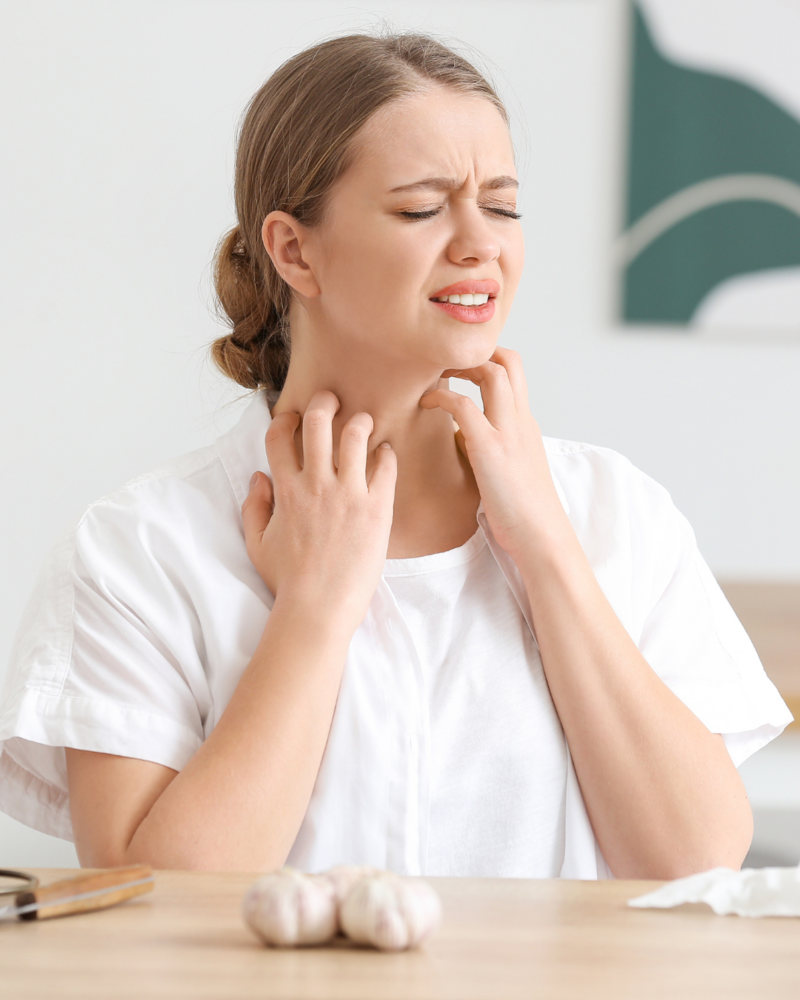
Have you started experiencing strange allergy-like symptoms in your 40s, even late 30's—like itchy skin, watery eyes, eczema, random sneezing, or headaches—and your doctor can't find anything wrong?
You may be tempted to say it's just seasonal allergiesor sensitivities, but what if the real culprit is perimenopause?
Yes, hormonal changes during perimenopause can trigger or worsen histamine-related symptoms, often mimicking allergies. And the surprising connection between oestrogen and histamine might be to blame.
Let’s break it down.
What Is Perimenopause?
Perimenopause is the 5-12 years transitional period before menopause when a woman’s hormone levels, especially oestrogen and progesterone, begin to fluctuate. It typically starts in the early to mid-40s but can begin earlier for some women, like late 30's.
During this phase, many women experience classic symptoms such as:
- Irregular periods
- Mood swings/Depression
- Fatigue
- Weight gain
- Hot flashes
- Sleep issues
- Headaches/Migraines
- Brain fog
- Heavy menstrual bleeding
But there’s another group of lesser-known symptoms that often go undiagnosed: itchy skin, eczema, hives, sinus congestion, and even food sensitivities—symptoms we usually associate with allergies.
Why You Might Feel Like You’re Developing New Allergies?
You might start noticing that youreact to foods, drinks, or environmental triggers that never bothered you before. Red wine gives you a headache. Chocolate causesbloating. Your skin flares up for no reason. You sneeze more often, or your eyes become itchy and puffy around your period.
These symptoms are not always true allergies, but rather signs of histamine intolerance, which can be worsened by hormonal shifts.
The Oestrogen–Histamine Connection
Here’s where things get interesting.
Oestrogen doesn’t just affect your reproductive system—it interacts with many other systems in the body, including the immune system.
Oestrogen:
- Stimulates mast cells, which are immune cells that store and release histamine
- Inhibits the enzyme DAO (diamine oxidase), which helps break down histamine in the gut
- Fluctuates wildly during perimenopause, meaning your histamine levels may also spike unpredictably
Histamine is a natural chemical involved in immune responses and digestion, but too much of it can cause unpleasant symptoms, such as:
- Itchy skin
- Heavy menstrual bleeding
- Hives or rashes
- Bloating or digestive discomfort
- Headaches or migraines
- Flushing or heat intolerance
- Sinus congestion or sneezing
- Anxiety or racing heart
This is why women in perimenopause may suddenly feel like they’ve developed allergies or sensitivities—when in fact, it’s ahormonal and histamine imbalance.
Is Your Histamine Bucket Overflowing?
Think of your body like a bucket. Every source of histamine you encounter—foods, stress, hormones, gut health—adds to the bucket. If it overflows, symptoms appear.
If you're already under stress, eating histamine-rich foods, and dealing with gut imbalances (which many women in perimenopause are), fluctuating oestrogen levels can be the tipping point.
Common histamine-rich foods include:
- Aged cheese
- Red wine
- Processed meats
- Fermented foods
- Vinegar
- Chocolate
- Avocados
- Spinach
- Shellfish
You don’t have to react to all of these—but if your bucket is already full, even a small amount can trigger symptoms.
How to Tell If It’s Hormonal, Not Just Allergic
Ask yourself:
- Do symptoms worsen around ovulation or before your period?
- Do youfeel worse after eating certain foods or drinking wine?
- Do you have other perimenopausal symptoms like fatigue, anxiety, or irregular cycles?
- Have antihistamines helped only temporarily—or not at all?
If you answered yes to any of the above, you may be dealing with hormone-related histamine intolerance, not a true allergy (always consult with your doctor!).
What You Can Do About It
The good news? There are natural and functional medicine approaches to calm the chaos:
1. Support Oestrogen Detoxification
Help your body metabolise and eliminate oestrogen efficiently. Cruciferous vegetables, flaxseeds, and calcium-D-glucarate (speak to your pharmacist or healthcare professional!) can support liver detoxification pathways.
2. Lower Histamine Load
Reduce histamine-rich foods short-term, especially during your sensitive times of the month. Be mindful of food combinations and fermented products.
3. Support Gut Health
The gut is where DAO is produced. Address constipation, dysbiosis, and inflammationwith personalised nutrition, probiotics (like Lactobacillus rhamnosus), and gut-healing protocols.
4. Use Nutritional Support
B vitamins, magnesium, vitamin C, and quercetin may help stabilise mast cells and support histamine breakdown.
5. Test, Don’t Guess
As a Registered Nutritional Therapist and Functional Medicine Practitioner, I use advanced testing to identify hormone imbalances, histamine issues, and root causes—so we can create a targeted plan that works with your body.
Final Thoughts
Perimenopause is more than hot flashes and mood swings. For many women, it's a phase of strange, confusing symptoms that seem unrelated—until you connect the dots.
If you're dealing with “allergies” that don’t respond to usual treatments, it’s time to look deeper. Hormones and histamine are part of the same conversation—and your body is trying to tell you something.
Ready to explore what’s behind your symptoms?
If you're navigating perimenopause and feel like your body is reacting to everything, you're not alone—and you're not broken.
Book a free discovery call with me to get clarity and support through a personalised, root-cause approach.
Much love,
Timea
Registered Nutritional Therapist | Nutrigenomics Specialist | Functional Medicine Practitioner
